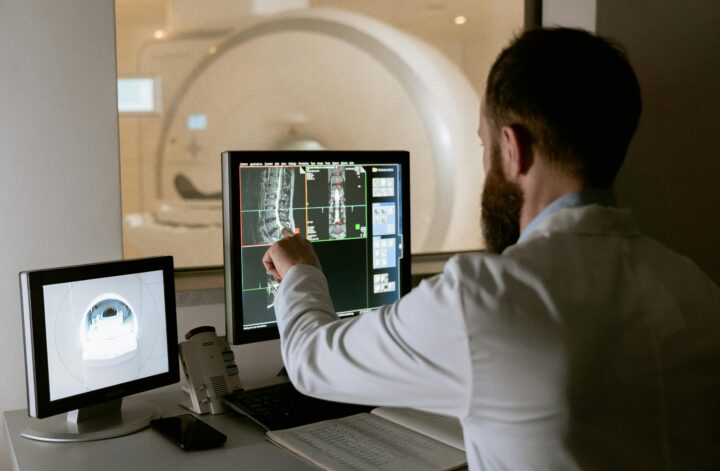Bone health is fundamental to overall well-being, yet it’s often overlooked until issues arise. Our bones provide structure, protect organs, anchor muscles, and store essential minerals like calcium. Maintaining strong bones is crucial for mobility and quality of life. Osteoporosis, characterized by weakened bones prone to fractures, is a common concern, especially as we age. Understanding how to prevent osteoporosis and sustain bone strength is key to lifelong health.
Diet plays a pivotal role in bone health. Calcium and vitamin D are essential nutrients for bone strength. Calcium is crucial for bone structure, found abundantly in dairy products, leafy greens, and fortified foods. Vitamin D aids calcium absorption and can be obtained through sunlight exposure, fatty fish, and supplements. Incorporating these nutrients into your diet supports bone density and resilience.
Physical activity is vital for bone maintenance. Weight-bearing exercises like walking, jogging, and dancing, as well as resistance training with weights or resistance bands, stimulate bone growth and strength. Regular exercise not only builds bones but also improves balance and coordination, reducing the risk of falls and fractures.
Lifestyle choices significantly impact bone health. Smoking and excessive alcohol consumption inhibit calcium absorption and increase bone loss. Avoiding smoking and limiting alcohol intake are crucial for preserving bone density.
Hormonal balance is critical for bone health. Estrogen plays a key role in maintaining bone density in women, and menopause-related estrogen decline can accelerate bone loss. Hormone replacement therapy may be considered under medical guidance. In men, testosterone supports bone health, and low levels can increase osteoporosis risk.
Regular bone density testing is important for early detection. Tests like DEXA scans assess bone mineral density and help identify osteoporosis early. Early intervention can slow bone loss and reduce fracture risk.
Medications may be necessary for osteoporosis management. Bisphosphonates, calcitonin, and other medications prescribed by healthcare providers help maintain or increase bone density. These treatments should be tailored to individual needs and health conditions.
Stress management contributes to bone health. Chronic stress can impact hormone levels and bone density. Practices like yoga, meditation, and mindfulness can help reduce stress and promote overall well-being.
In summary, maintaining bone health involves a balanced diet rich in calcium and vitamin D, regular exercise, avoidance of smoking and excessive alcohol, hormone balance management, regular bone density assessments, appropriate medical treatment when necessary, and stress management. Taking proactive steps to care for your bones ensures mobility, independence, and quality of life as you age. Start prioritizing bone health today for a stronger tomorrow.




